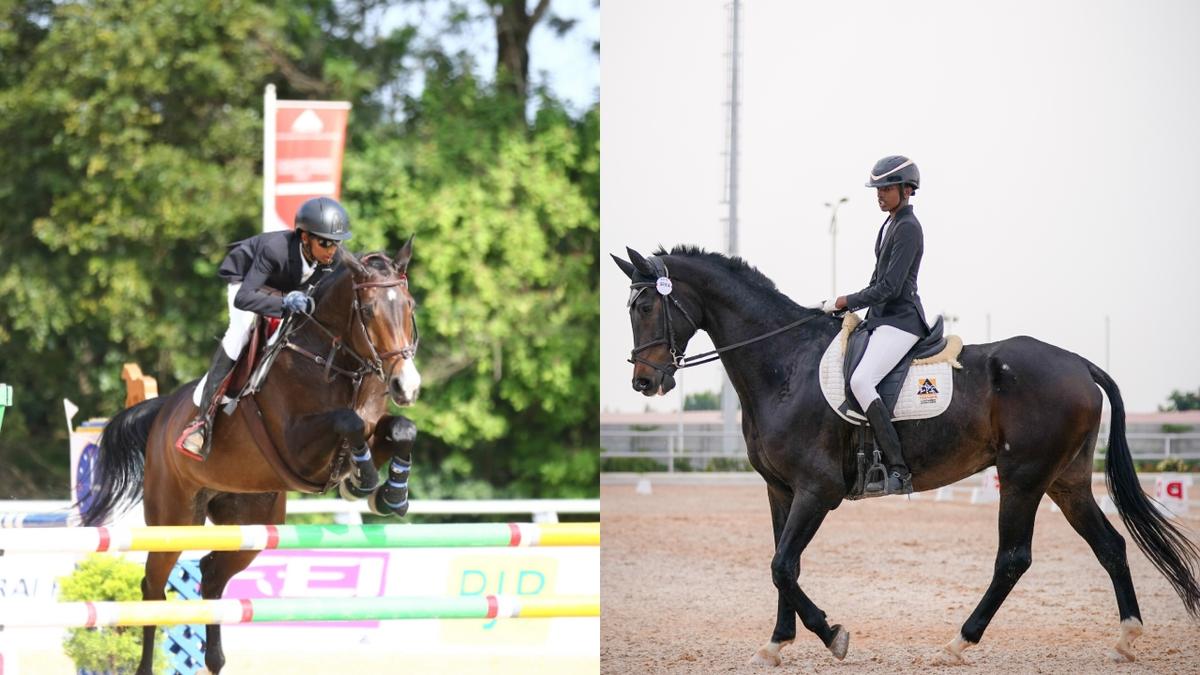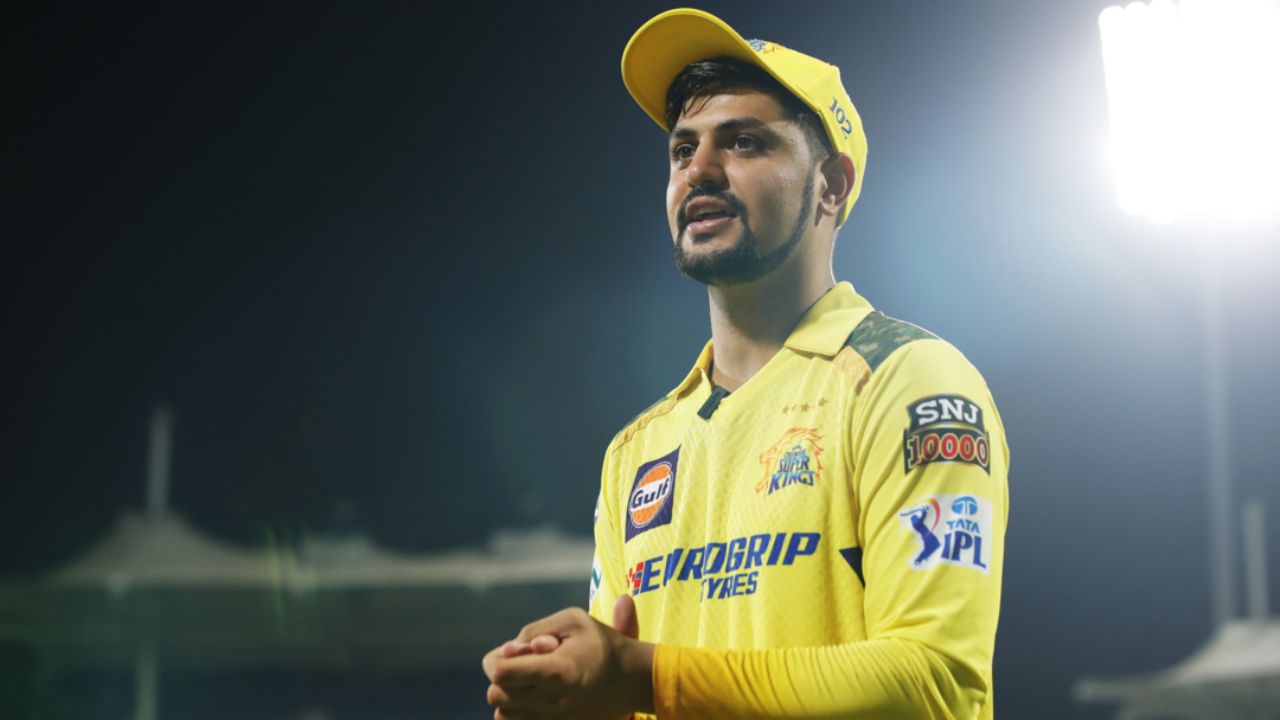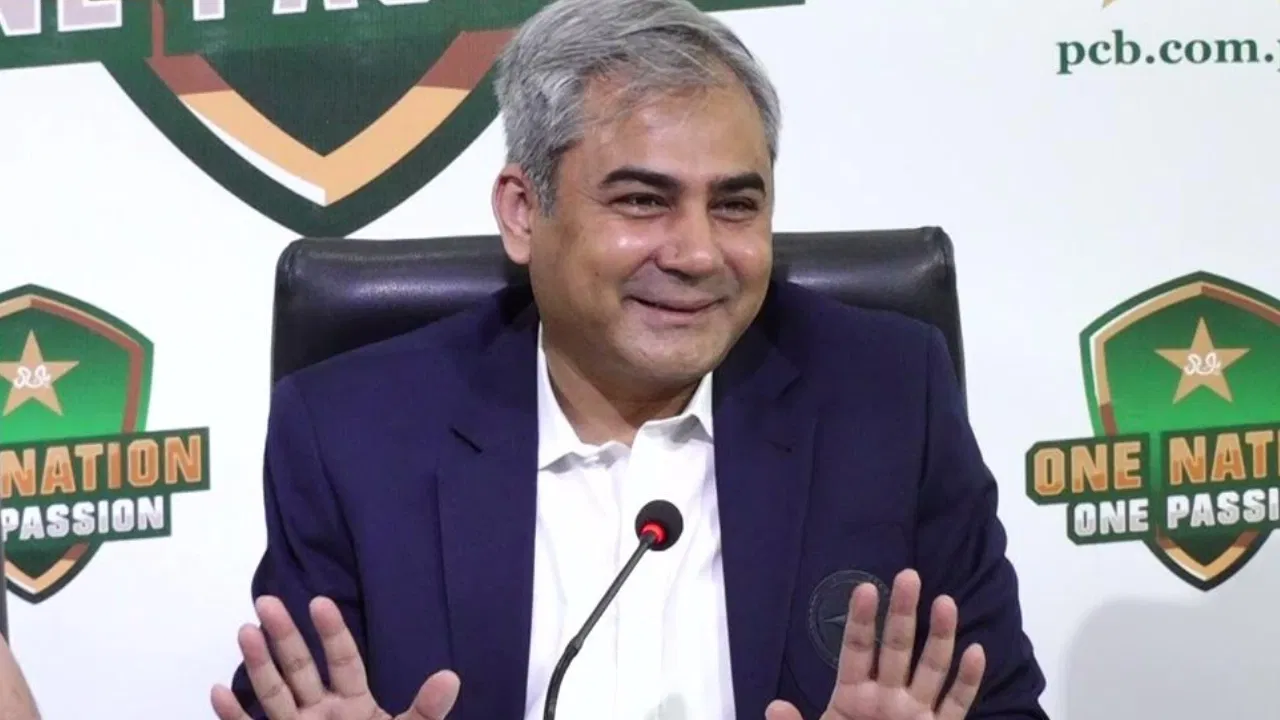Can you beat him in five?

It is the question that is asked most often after someone beats Novak Djokovic or Rafael Nadal in a best-of-three setter on the ATP tour. It was also the question that was asked when, on June 9, Carlos Alcaraz lost to Djokovic in the French Open semi-final.
In the five weeks since that French Open, the 20-year-old Spaniard found the perfect answer to the question; one that seemed even more on point for Alcaraz because his rise had coincided with the absence, for differing reasons, of Djokovic and Nadal from the tour.
Every time someone new would do well on the circuit, the same old question would pop up: can you beat him/them in five?
It is a relevant question too. A three-setter is a different ball game. Get out of the blocks quickly and then you need to win just one more set. It isn’t a contest of stamina, as five-setters can often be. It isn’t quite the tactical contest either and very rarely are bathroom breaks part of the equation. And while the three-setters win you points, Grand Slams are all about covering yourself in glory.
So, each time the Big Four found themselves in trouble at a Grand Slam, they would somehow over the course of a match find a solution. The style would change, the tactics, they would find second wind… and as the match would wear on, the opponent would succumb. Their great consistency would invariably be the differentiator.
Every player has a match filled with peaks and troughs. It is true of Djokovic, of Nadal and of Alcaraz too. And the one who finds the best balance between the two often comes out on top. And nowhere has it been more evident than at Wimbledon where, since 2002, the men’s singles champion had all been named Federer, Djokovic, Nadal or Murray.
So, can you beat him in five?
Most other players who played Djokovic at Wimbledon 2023 acknowledged defeat even before stepping onto the court. Stan Wawrinka, Andrey Rublev… the list goes on. Most except Alcaraz, who seemed to project confidence when others seemed not to want to embarrass themselves.
“The main reason I had cramp (in the French Open) was the tension that I had facing Novak in the semi-final of a Grand Slam. I’m sure the experience is a really important part of that,” he said earlier in the tournament. “I learned a lot from that match to the next time I’m going to face Novak. It’s going to be different for me. I’m going to deal with the pressure better than I did in the French Open.”
And this was the bare minimum. The big players will devour you if you step onto the court without confidence. Alcaraz, at least, was in the right frame of mind. He knew this was important; this was a rite of passage. You get recognised when you beat the best at their best in a tournament that matters.
So, when the ‘same’ question was asked, Alcaraz attempted to answer it with athleticism, grit, a big forehand (he had twice the number of winners compared to Djokovic — 66 to 32) and by serving better than he had done all tournament. At the French Open, the tension brought him down. Here, he rose above it all to give us a glimpse of what he can be; of the player he might become.
Over 4 hours and 42 minutes, he took everything that the Serb could throw at him and emerged victorious. It was a result that elevated him in the eyes of all those who follow the sport, Djokovic included.
In the post-match press conference, Djokovic said: “People have been talking about his game consisting of certain elements from Roger, Rafa, and myself. I’d agree with that. He’s basically got the best of all three worlds… I haven’t played a player like him ever.”
High praise from a man who is in the eyes of many the greatest of all time. But Alcaraz took it in his stride.
“It’s crazy Novak said that,” said Alcaraz. “I consider myself a really complete player… I don’t know. Probably, he’s right. But I don’t want to think about it. I want to think I’m full Carlos Alcaraz.”
The challenge for the ‘full Carlos Alcaraz’ will be now to find the enduring consistency that was the hallmark of the Big Three. To turn up tournament after tournament, to stay fit, to compete. That, in essence, is going to be way harder than winning a Grand Slam or two. He isn’t them but one would assume he’d want to be like them.
He’ll think about it all over the next few days and he’s got time to do that but for now, the next time someone asks, ‘can you beat him in five’ we’ll know, Alcaraz can.










Leave feedback about this